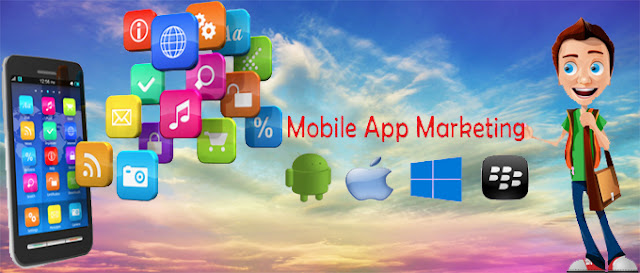The evolution of mobile apps continues to roll on. As apps move away from being standalone platforms and are integrated into comprehensive mobile strategies, many companies are re-thinking the reasons they started their mobile development journey in the first place.
It is no longer acceptable to have an app (or series of apps) simply for the sake of having it. Mobile’s tremendous impact has been recognized, and we have begun to evaluate it as an essential part of the business, but we must also reassess how we market our apps.
In the past, most companies developed their app (usually by hiring a mobile developer, used a simple DIY app maker, or learned how to build an app internally) and then promoted it through traditional marketing channels. However, now that the mobile “trend” has exploded into this whole new battleground for companies to scrap over, this approach no longer works. Instead, the organizations with the most successful apps are the ones that are willing to put serious resources into marketing their apps (sometimes aggressively so), in order to get that mobile app into the hands of their customers.
Why mobile and why now?
Studies show the number of people using mobile surpassed those using desktop by approximately 200,000 people between 2014 and 2015. This surge in use earned 2015 the name ‘Year of Mobile.’
However, this so-called ‘Year of the Mobile’ is up for debate, primarily because mobile has been evolving into the primary, go-to channel customers use to connect with their favorite brands for a few years now. It has some mobile experts arguing that we should be calling it the ‘Age of the Mobile,’ instead of singling out a specific year. But no matter what you want to call it, the facts remain that customers demand and expect a mobile app to be a major touchpoint between them and their favorite brands. In fact, 90% of the time spent on mobile devices is devoted to app use alone.
What is crystal clear here is that customers prefer to shop and interact with brands in a mobile environment rather than other channels. So, if your mobile game is not strong, your customers will seek a more intuitive mobile shopping experience with one of your competitors.
Focus on KPIs specific to the app’s market
While marketing a mobile app may be new territory for you, setting up goals is very similar to most other marketing campaigns. Your goals should still be specific, measurable, realistic, and so on. What is different, however, is the means and tactics along with the app specific nuances to reach those objectives.
App marketing brings a whole new range of concerns to the table. We are familiar with revenue and velocity. But you need to direct your focus to the KPIs specific to app marketing. These include: app store rankings, organic and loyal user acquisition, cost-per-download, and app store optimization.
For many marketers, this is new and unfamiliar ground. So, it makes sense that you assign a dedicated team to focus on the significance and benefit of these KPIs in your marketing plan. When you establish your goals (you won’t have just one), you may decide to further distinguish them between primary and secondary goals. You probably already do this in other areas of marketing, so apply the same strategies.
It is also important to understand how these goals serve the overarching objectives of your company. In that respect, your app marketing goals should closely coincide with the goals of other marketing strategies. Yet they need to focus on those KPIs that are unique to app marketing.

